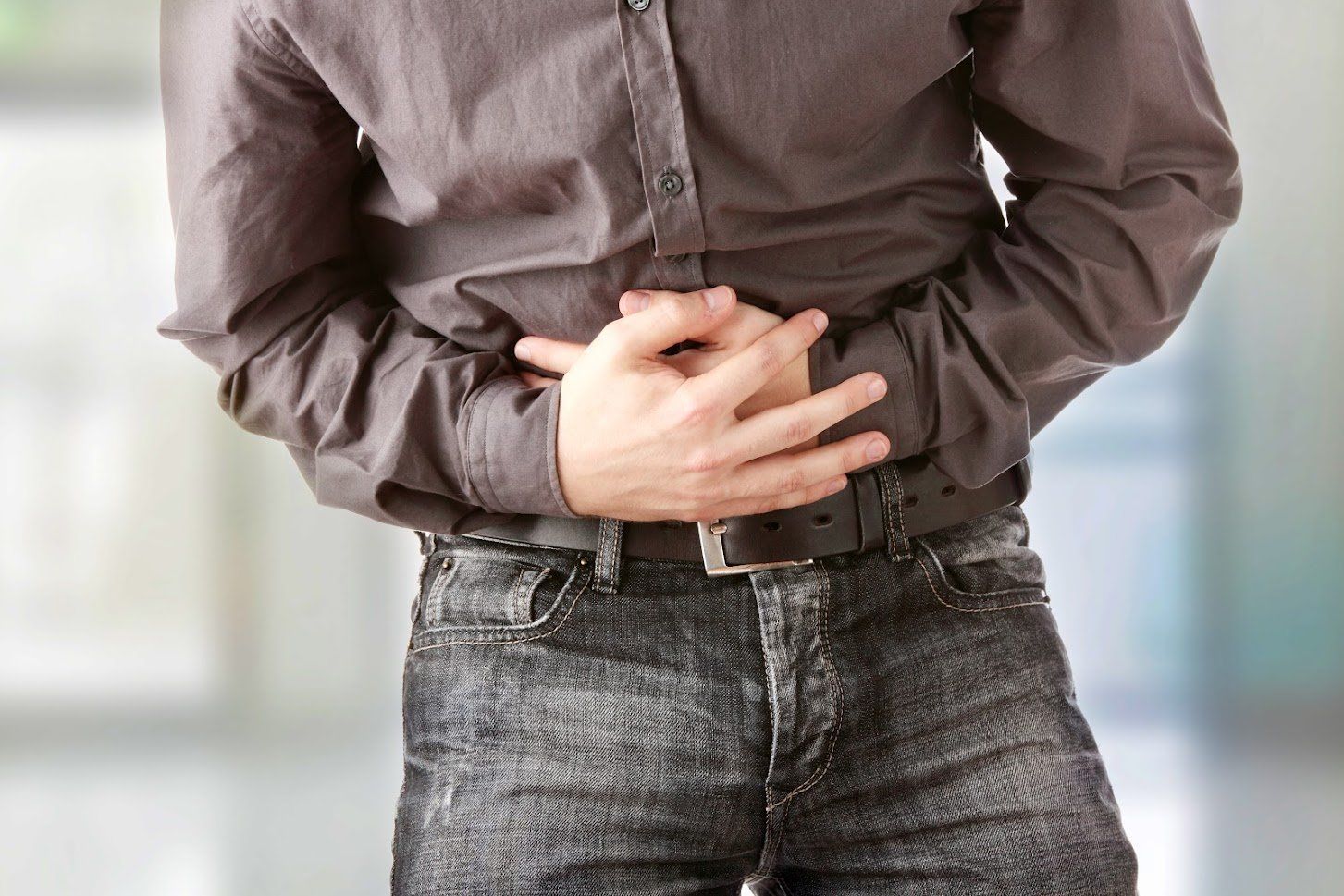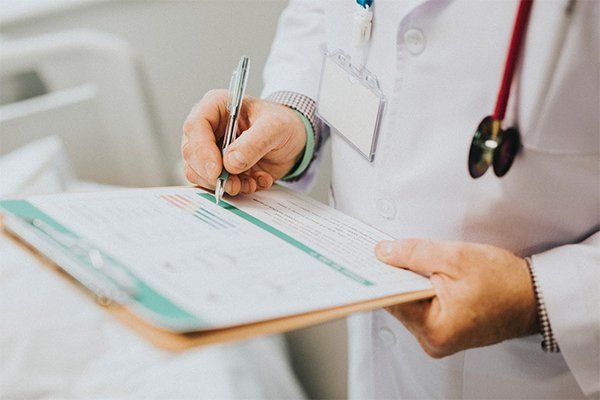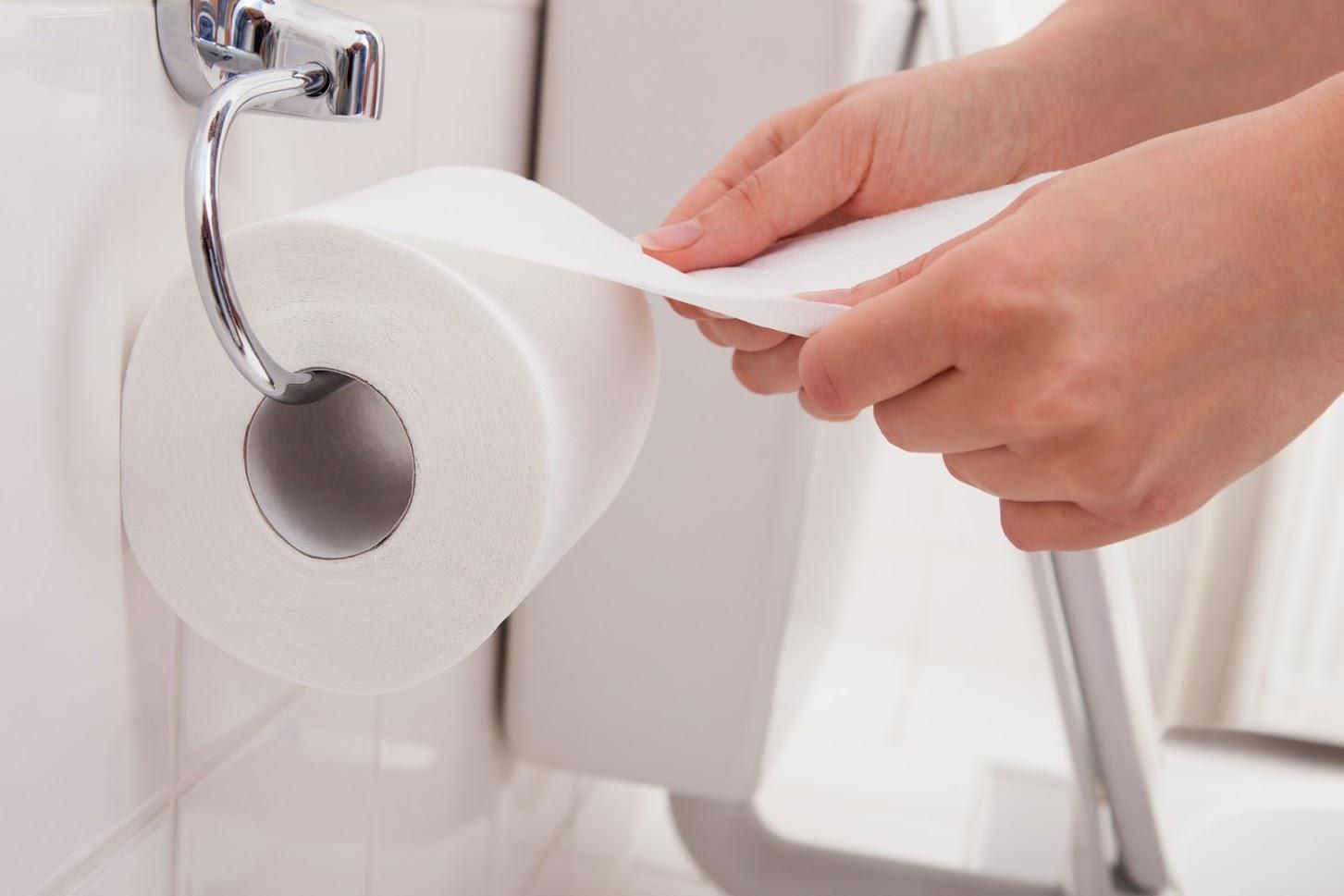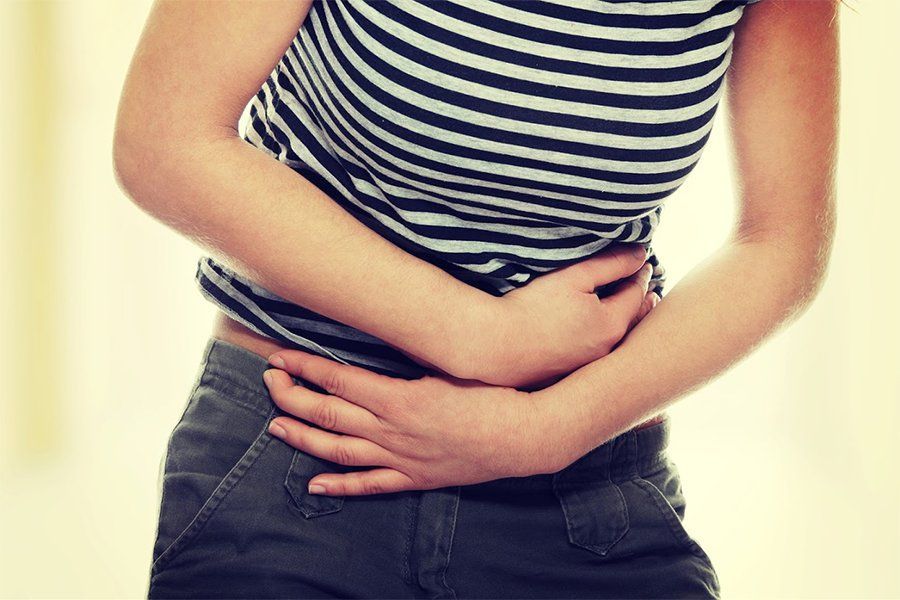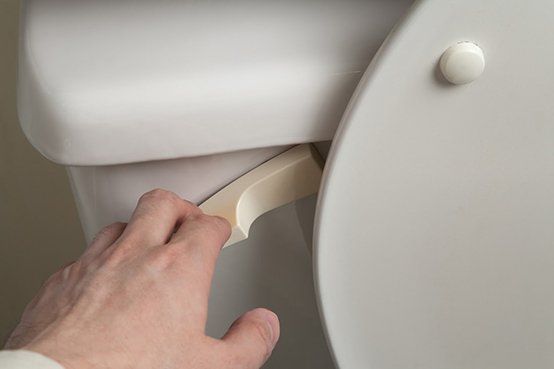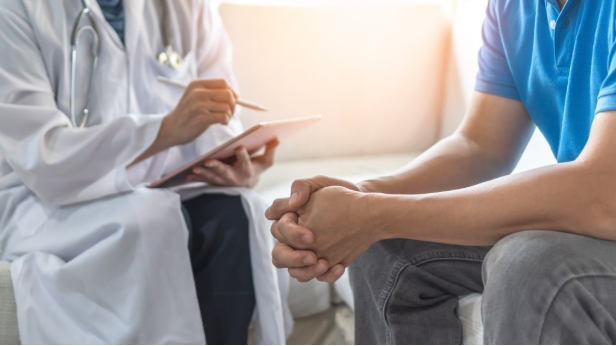Eating Disorders and Gastrointestinal Problems: What You Need to Know

Eating disorders can be challenging to treat because, while the main problem is psychological, the side effects of disordered eating directly affect a person's physical health.
If you are diagnosed with an eating disorder, your road to recovery may be slow. Part of that recovery is healing the damage to your digestive system, helping to foster a return to normal, and creating balanced eating habits.
Common Digestive Problems
The two most common eating disorders are bulimia and anorexia nervosa. Bulimia is characterized by eating large portions of food followed by purging that food by vomiting, use of laxatives, or extreme exercise. Anorexia is characterized by reducing food portions so drastically that a person may go for days on just a few calories.
The characterizations of these disorders have terrible effects on the digestive system. In one survey, 98% of women with admitted eating disorders had digestive problems, and 50% met the criteria to be diagnosed with irritable bowel syndrome. Here are some of the most common gastrointestinal concerns with eating disorders:
- Nausea after eating
- Irritable Bowel Syndrome
- Food intolerances
- Pain and distention
- Constipation and irregular bowel movements
Some patients may struggle with processing more complex foods, such as foods that are higher in fat and protein. Others may struggle to determine what a good portion of food is, and continue with erratic meal timing, which does not help with healing the digestive process.
Introducing regular meals to a person with an eating disorder can also be a source of significant mental stress, which also impacts physical digestion. Stress functions as an upset to normal digestive patterns.
Slow and Steady Changes
Your path to healing your digestive system may be tailored to your specific symptoms and needs, depending on the patterns of disordered eating in your life. Mild eating disorder symptoms may mean a quicker path to healing, while more intense eating disorder symptoms will require more time and structure to treat.
All patients can benefit from the following changes, implemented slowly and with the help of medical doctors, dieticians, and psychologists.
Regular Eating Patterns
People with eating disorders may not be able to handle a full meal of food at first. Eating too much will cause feelings of uncomfortable fullness and cause significant gastrointestinal distress. Begin by eating small, simple meals at the same time each day.
For example, you might start your day by eating a cup of berries and one egg. In two hours, you might be ready to eat again. Your doctor will help you choose foods and create a meal plan that is gentle on your digestion, introducing more complex foods a little at a time.
Stress Management
Schedule time in your day for gentle movement that will reduce stress over the healing process and aid in your digestion. Yoga, for example, encourages meditative breathing and helps to keep blood flowing through the digestive tract. Walking outdoors can also serve to reduce stress and keep your digestive system moving.
Extreme exercise, including interval training and intense sports, might deter from your digestion. If you are an athlete, talk to your doctor about how to time your meals and training routine to best fit on your path to eating disorder recovery.
Careful Food Preparation
People with eating disorders often see food as the enemy. Your food preparation is key to helping repair this relationship. Eating raw foods, like whole apples and large salads, is tough on a weak digestive system. You might begin by eating cooked foods, such as steamed carrots instead of raw.
As you make the food that will serve the healing process, you can start to view food as something that will eventually help you on your journey, instead of something that causes physical and psychological distress.
Keep a journal of how your body reacts to food as you maintain a consistent eating schedule. Your doctor can help you make adjustments as needed.
For more information, contact us at Kentuckiana Gastroenterology & Paramount Surgery Center.
